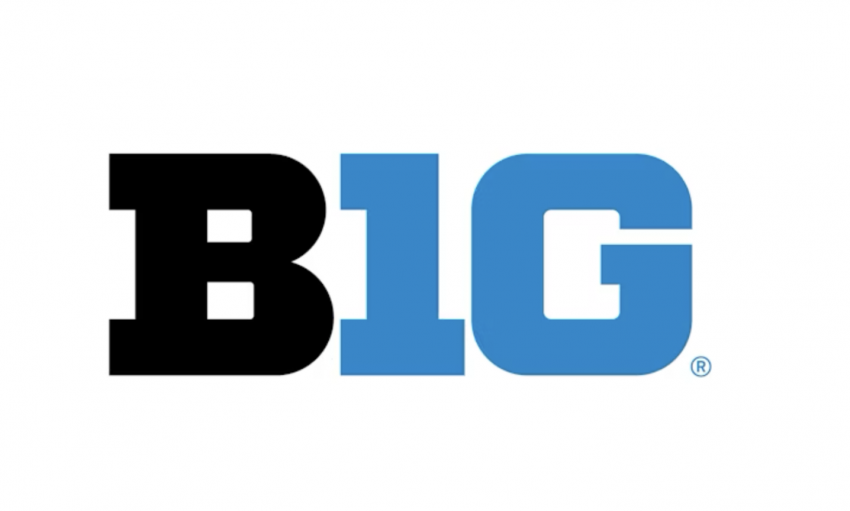The Big Ten’s high-profile private capital plan, which aimed to bring in $2.4 billion in funding, has officially been put on hold after concerns were raised by two major conference members — Michigan and USC. The proposal, presented by UC Investments, would have provided a significant financial boost to athletic departments across the conference, but disagreements over long-term control, revenue distribution, and financial philosophy have paused the deal indefinitely.
What Was the Big Ten Private Capital Plan?
The plan was led by UC Investments, a group linked to the University of California pension fund system. In exchange for the $2.4 billion investment, UC Investments would have received a 10% ownership stake in Big Ten Enterprises, a proposed commercial arm that would control all media rights, sponsorships, and commercial partnerships for the conference.
Under the plan, each of the Big Ten’s 18 schools would have received an average of $135 million in upfront funding — money many universities viewed as crucial to meeting rising expenses in areas such as:
- Athlete support and NIL programs
- Coaching salaries
- Facility upgrades
- Travel and operations in the expanded conference
The Big Ten is already under a $7 billion media rights deal through 2030, but many schools saw this new investment as a way to strengthen their financial position further.
Why Was the Deal Paused?
Although 16 of the conference’s 18 schools supported the proposal, the plan required full unity. Michigan and USC firmly opposed the deal, and their objections halted progress.
Michigan’s Concerns
Michigan trustees criticized the proposal, calling it a “payday loan” and a “bailout” for schools facing budget issues. Their concern was long-term financial control, arguing that selling equity in the Big Ten could weaken the conference’s independence and future revenue streams.
USC’s Concerns
USC did not agree with the revenue distribution model. The Trojans feared that private investment could give certain schools a larger share of revenue — potentially reducing USC’s influence and earnings in a conference it just joined.
Why Unity Matters in the Big Ten’s Decision
In its official statement, UC Investments emphasized the importance of full alignment among all 18 conference members. The group stated it still sees strong potential in the deal but acknowledged that it and some member schools needed more time to evaluate the long-term impact.
“We remain convinced that the unity of the 18 Big Ten university members is key to the success of Big Ten Enterprises.”
Without a unanimous agreement, the plan was officially paused, despite efforts by conference executives to consider moving forward without USC and Michigan.
What Happens Next?
It remains unclear if or when the deal could be revived. While some schools urgently need financial support to cover growing athletic costs, others — like Michigan and USC — argue that selling equity to outside investors could weaken the conference’s long-term financial control.
Key questions moving forward:
- Will the revenue-sharing model be redesigned to address USC’s concerns?
- Can a revised structure satisfy Michigan’s worries about “commercializing” the conference?
- Could the Big Ten pursue other private investors or funding options?
For now, Michigan and USC have succeeded in pausing the plan, keeping control of Big Ten Enterprises fully within the conference.

